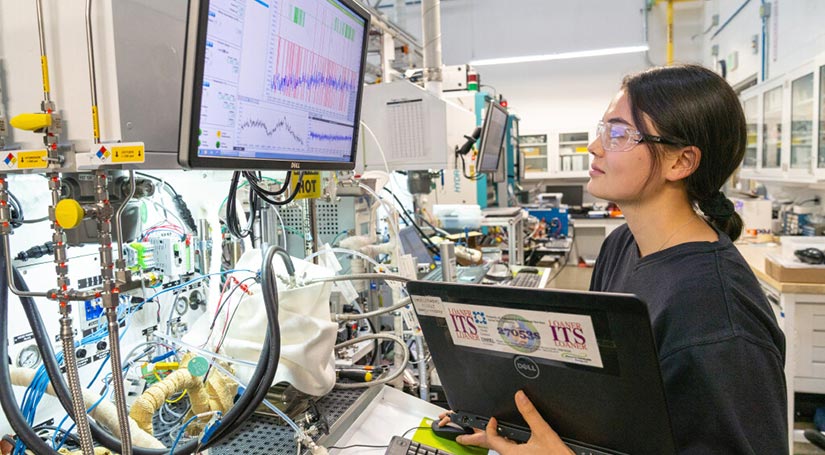US orders Puerto Rico drug distribution company to pay $12 million in opioid case
In a significant legal development, a drug distribution company in Puerto Rico has been ordered by U.S. authorities to pay a substantial $12 million in connection with an opioid case. This ruling marks a decisive step in the ongoing efforts to address the opioid crisis that has gripped the nation, holding entities accountable for their role in the distribution of these highly addictive substances.
The case revolves around allegations that the Puerto Rico-based drug distribution company played a part in the widespread distribution of opioids, contributing to the opioid epidemic that has had devastating consequences across the United States. The company has been accused of various infractions related to its handling and distribution of prescription opioids, raising concerns about its compliance with regulations aimed at curbing the opioid crisis.
The $12 million penalty imposed on the drug distribution company reflects the gravity of the allegations and the authorities' commitment to addressing the multifaceted challenges posed by the opioid epidemic. Opioid-related overdoses and addictions have taken a severe toll on communities nationwide, prompting intensified efforts to hold all stakeholders in the pharmaceutical supply chain accountable for their contributions to this public health crisis.
The legal action against the Puerto Rico drug distribution company likely involved a thorough investigation into its practices, spanning the distribution, monitoring, and reporting of opioid shipments. Authorities may have scrutinized the company's adherence to regulations set forth by the Drug Enforcement Administration (DEA) and other relevant agencies to ensure the proper handling of controlled substances
The opioid crisis in the United States has been fueled, in part, by the overprescription and widespread availability of opioid medications. Distributors play a crucial role in this chain, and holding them accountable for lax oversight, inadequate monitoring, or non-compliance with regulations is a key aspect of addressing the root causes of the epidemic. The $12 million penalty serves as both a punitive measure and a deterrent, signaling to other entities in the pharmaceutical distribution network that non-compliance with regulations will result in severe financial consequences.
Beyond the financial penalty, the case prompts broader discussions about the responsibility of pharmaceutical companies, distributors, and healthcare professionals in combatting the opioid crisis. Efforts to address the crisis require a multi-faceted approach that includes regulatory measures, public awareness campaigns, and interventions to address addiction and support affected communities.
The Puerto Rico drug distribution company may also face additional regulatory scrutiny and requirements aimed at ensuring compliance with enhanced measures to curb the opioid epidemic. Authorities may impose stringent monitoring protocols, reporting mechanisms, and oversight to prevent future lapses in the distribution of controlled substances.
The $12 million penalty serves as a form of restitution for the societal costs incurred due to the opioid epidemic. These costs encompass not only the direct healthcare expenses associated with treating opioid-related illnesses and overdoses but also the broader societal impacts, including the strain on emergency services, the criminal justice system, and social services.









